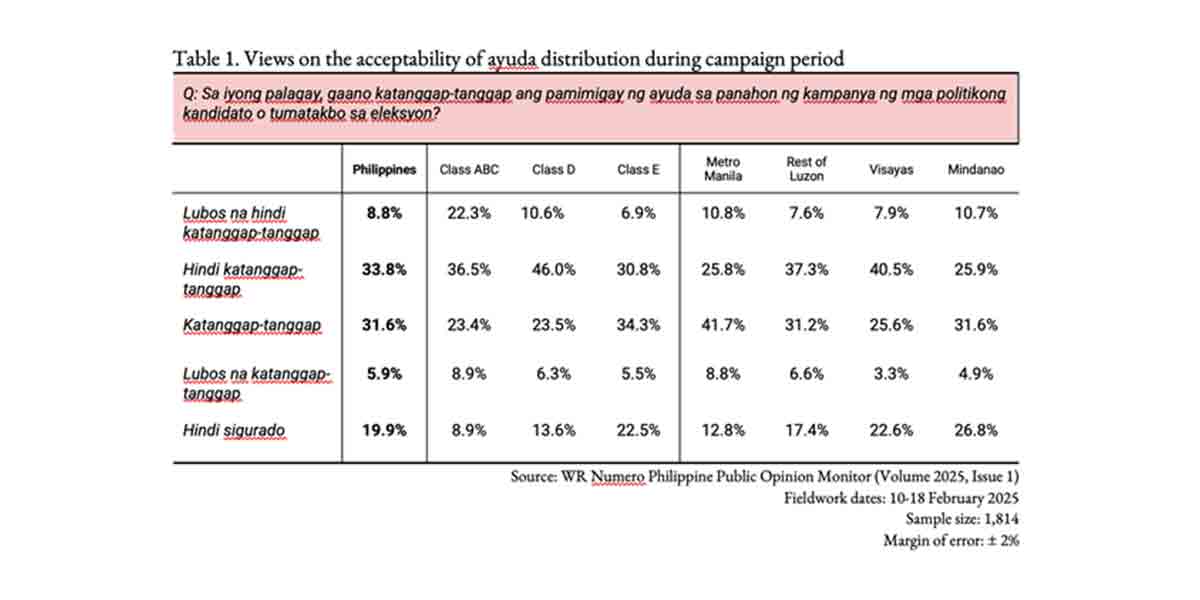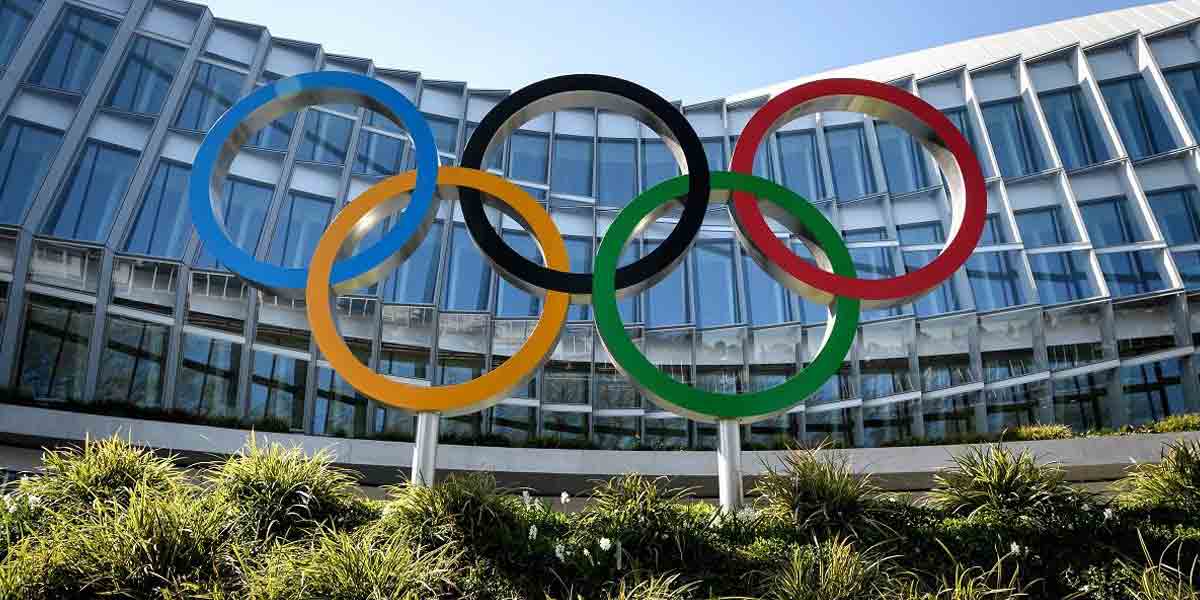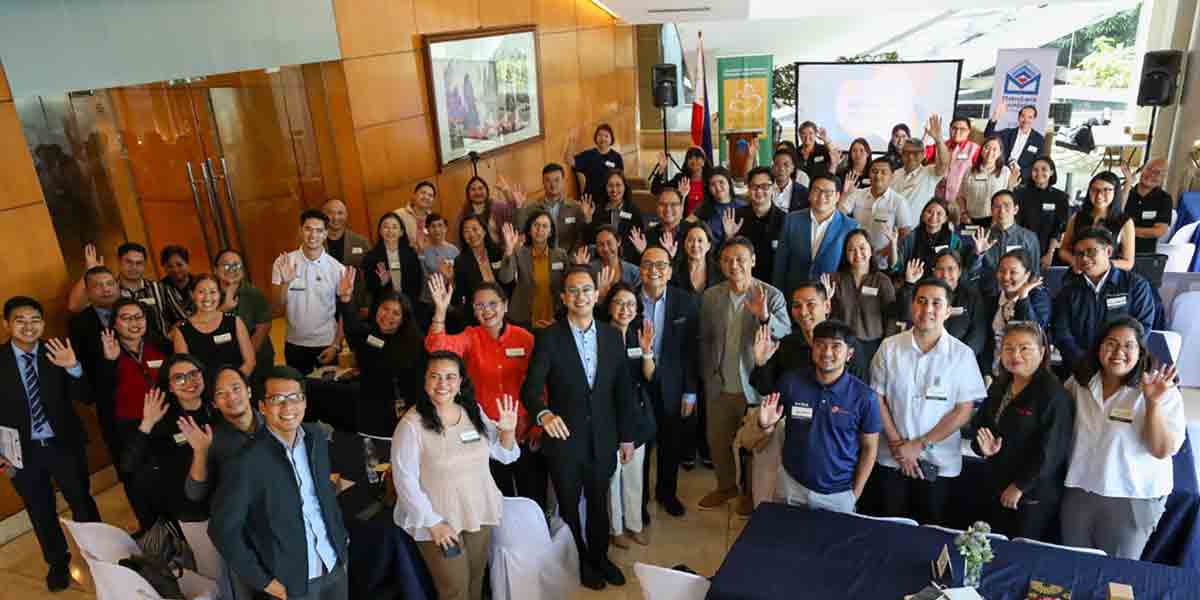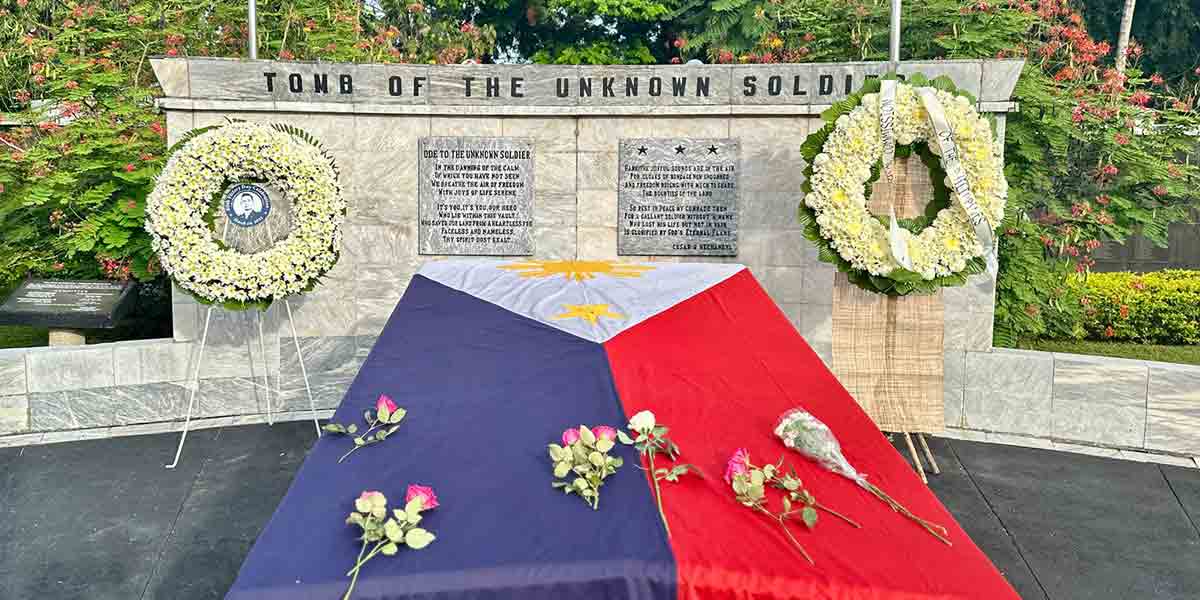 By Artchil B. Fernandez
By Artchil B. Fernandez
For 120 years no Filipino has won a Nobel Prize, until last week. The Nobel Prize is the most prestigious award in the world. Established by Swedish inventor Alfred Nobel, the prize is conferred “to those who, during the preceding year, shall have conferred the greatest benefit on mankind” in the field of physics, chemistry, physiology or medicine, literature and peace. In 1968, the Swedish Central Bank added the economics prize. Each Nobel Prize consists of a gold medal, a diploma bearing a citation, and a sum of money ($1.145 million).
Top and famous scientists, writers, diplomats, statesmen and notable personalities in the world have been awarded the Nobel Prize. Albert Einstein, Marie Curie, Max Planck, Niels Bohr, Alexander Fleming, Ivan Palov, Ernest Hemingway, Hermann Hess, Albert Camus, Jean-Paul Sarte, Woodrow Wilson, Dag Hammarskjold, Martin Luther King Jr., Mother Teresa, the Dalai Lama to name a few have received the Nobel Prize.
Now the Philippines has its first Nobel laureate. The Norwegian Nobel Committee announced last week that the 2021 Nobel Peace Prize was jointly awarded to journalists Maria Ressa of the Philippines and Dmitry Muratov of Russia “for their efforts to safeguard freedom of expression, which is a precondition for democracy and lasting peace.”
By honoring journalists, the Nobel Committee is sending an unmistakable message – the defense of truth and facts is more important than ever in the post-truth world. The proliferation of lies, falsehoods, and alternative “facts” in the digital world poses a serious threat to peace and democracy. Deceit foments chaos and conflict. Upholding the truth and protecting it from trolls and merchants of lies is the daunting task of journalists today.
While the whole country rejoiced that a Filipino for the first time, a woman, won the Nobel Prize, the extraordinary news was met with deafening silence from Malacañang. It was only after the Kremlin congratulated Muratov that Malacañang made a lame and dry acknowledgment of Maria Ressa’s Nobel.
Malacañang is definitely unhappy and outraged that Maria Ressa won a Nobel Prize. For years, the Du30 administration has been harassing and persecuting Maria Ressa and Rappler for their critical reporting of many of its actions particularly Du30’s pet project the “war on drugs.” Du30 weaponized the court against Maria Ressa and he personally attacked and insulted her in his public speeches.
Government’s hounding of Maria Ressa bore fruit, a Nobel Peace Prize. Many naughty netizens sarcastically remarked that the first Nobel Prize of the country is a notable “achievement” of Du30 and his administration. While this comment was said in jest, it has basis if viewed from the perspective of state construction or the state constructivist approach in explaining revolution proposed by Jeff Goodwin.
Goodwin argues that revolutions are not only created by political opportunities or political entrepreneurs, they are also constructed by state structures and practices. “State structures and practices invariably matter for the very formation of revolutionary movements – not just their success or failures – and they generally do so in quite unintended ways.” While revolutionaries intentionally create revolutionary movements Goodwin contends that “they do so, and can only do so, in particular political contexts.”
The development of revolutionary movement, according to Goodwin, is dependent upon state structures and practices. “States largely construct the revolutionary movement that challenge and sometimes overthrow them.” In short, the actions, practices and policies of the state have bearing on the growth or decline of revolutionary groups.
If states construct revolutions, they also construct Nobel prizes, particularly the peace prize. There is a particular political context in Maria Ressa’s Nobel win. The actions, practices, and policies of Du30 are the fertile ground or paved the way for the Philippines to finally have a Nobel laureate.
Upon assuming office, Du30 inaugurated illiberal rule. He unleashed a bloody and gory “war against illegal drugs” which slaughtered thousands of suspected drug addicts/pushers. Under his despotic regime, the rule of law is thrashed; people are presumed guilty until proven innocent. Du30 also weakened and castrated the judiciary and Congress, destroying the system of check-and-balance which is the cornerstone of liberal democracy.
Critical voices are out-rightly silenced or bullied. ABS-CBN was closed; Rappler and its head Maria Ressa were inundated with court cases ranging from libel to its business structure. Du30’s trolls unleashed the most vicious, venomous and vile attacks against the person Maria Ressa.
Du30’s brutal, corrupt and incompetent rule created the dark time which allowed Maria Ressa to shine. Would she win a Nobel Peace Prize if Du30 is a peace-loving democrat, a compassionate and competent leader who cherishes the rule of law? If Maria Ressa won a Nobel, the despondent Du30 has no one to blame but himself.
This is not to say that there is no agency on the part of Maria Ressa. Du30’s atrocious actions, undemocratic practices and inhuman policies provided the milieu, but it is up to Maria Ressa how to respond to the darkness around her. She could have chosen to succumb to pressure and stay silent. But she decided to take a stand, hold the line and speak truth to power at great personal cost and peril.
The Philippines’ first Nobel Prize is a product of state action and a person’s response to it. It is both a state construction and an individual heroic act.























